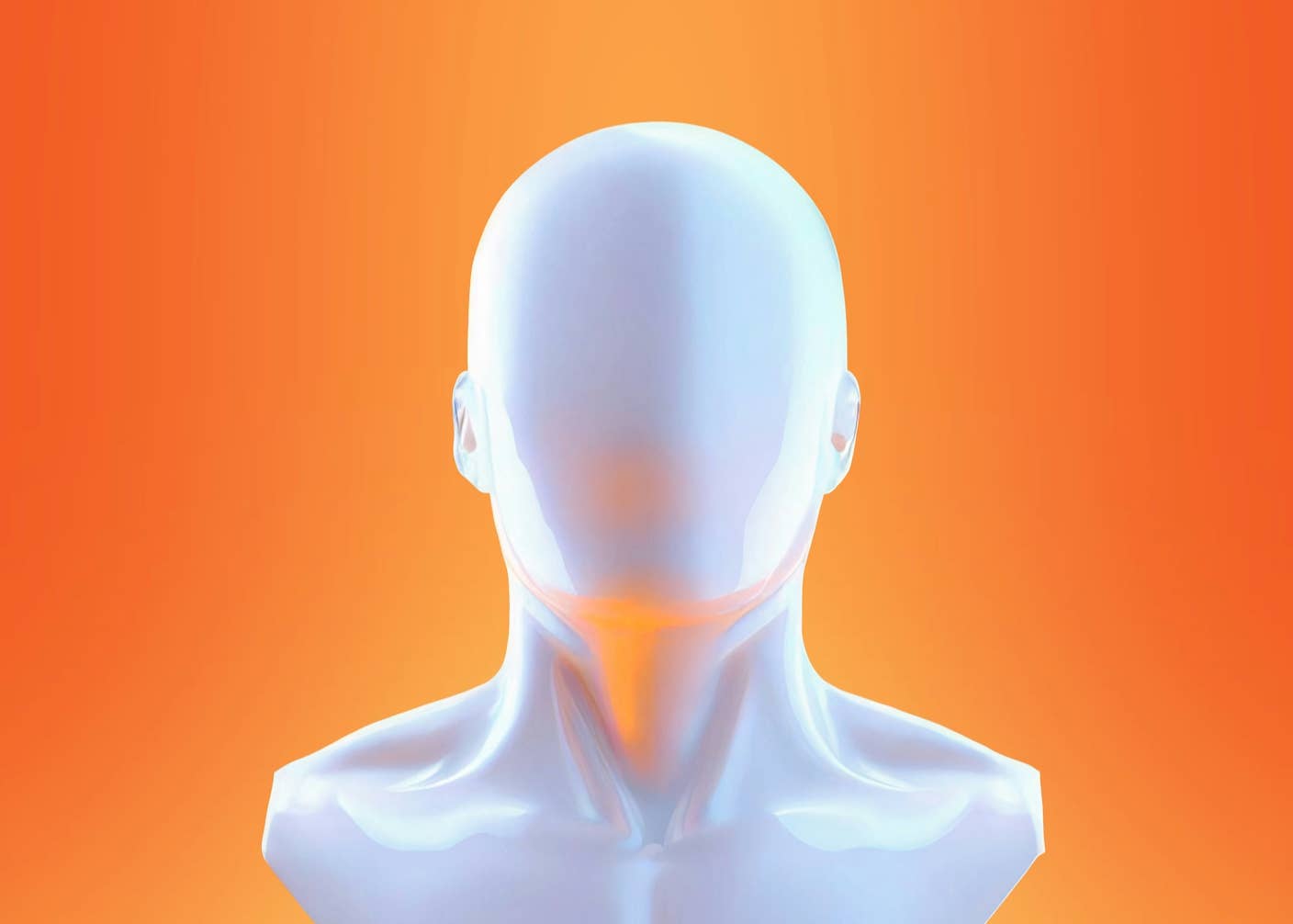Get More Magnesium, Get Smarter

Share
Those crazy scientists, they keep finding ways to make rats smarter. Brainy rodents, however, may lead to the creation of smarter humans. According to an article in Neuron, researchers at MIT, Tsinghua University (Beijing), and the University of Toronto have discovered how to increase levels of magnesium in the brain of rats to improve their mental acuity. A new compound, magnesium-L-threonate (MgT), helped the cognitive skills of rats both young and old. Scientists hope that similar results in humans could lead to treatments for age-related memory loss and Alzheimer's. According to MIT Media Relations, researchers have begun clinical trials on humans in Beijing to see how magnesium levels affect the elderly. In a few years we may know how it can help humans stay sharp as they get older. Which begs the question: are you getting enough magnesium in your diet?
The US National Institute of Health recommends adults get 300-420 mg of magnesium each day depending on gender. It's found in leafy greens, fruits, nuts, and whole grains. Yet most of us probably don't get these daily doses. Even when you do get magnesium in your diet, it may not get to your brain in sufficient quantities to boost mental function. Your body has to actively 'pump' magnesium into your cerebrospinal fluid. You can't just increase the amount of magnesium in your blood, you have to make it easier to get to the brain.
That's why Guosong Liu and others involved in the rats study developed MgT. Back in 2004, Liu and fellow researchers published work detailing how that magnesium may positively affect the cognitive abilities of rats. That work led them to try and find a chemical compound with magnesium that is more easily 'pumped' into the cerebrospinal fluid. The compound turned out to be MgT, and its effects on rats are amazing.
According to most recent paper in Neuron, the MgT rats showed increased learning abilities, working memory, short term memory, and long term memory. It also increased the ability of old rats to learn new tests. Rats of all ages showed increases in plasticity of synapses, connectivity between neurons, and density of neurons in the hippocampus. In short, magnesium in the brain makes a smarter rat that can remember more.
Be Part of the Future
Sign up to receive top stories about groundbreaking technologies and visionary thinkers from SingularityHub.


But you don't care about rats, do you? You want to know about humans. Well so do I. Unfortunately, clinical trials in Beijing are unlikely to produce results for a few years, and I don't know of any large scale human trials in the US. It's just going to take some time before we know if magnesium is a safe and effective way to make smarter humans.
Guosong Liu has started a company in California, Magceutics, that is actively developing drugs to combat age related memory loss and Alzheimer's. You can bet that with a name like Magceutics, it's going to explore all the possible uses of magnesium for cognitive enhancement. Of course, knowing that Liu has a financial stake in the efficacy of magnesium does make you worry about his test results with rats. *Sigh* Not a lot to be done about that except trust in Neuron's peer review process.
We're living in an age when health supplements are starting to get the rigorous large scale clinical trials they need and deserve. The US is embarking on a major study on Fish Oil and Vitamin D. We already know that there are a billion people on the planet with Vitamin D deficiency, but that study will help determine which (if any) health benefits the supplements actually provide (like letting old people live longer). Hopefully magnesium will get similar examinations in the near future. Besides genetic manipulation, magnesium is one of the few known ways to make a smarter rat. And unlike genetic manipulation, it's likely to be readily acceptable and applicable to humans. The bottom line is that most of us would like to be healthier and smarter. Students already take nootropic drugs to score better on tests. Wouldn't it be nice to take a health supplement instead? In the meantime, eat your spinach.
[image credits: Warner Bros, Liu et al, Neuron]
Related Articles

Researchers Break Open AI’s Black Box—and Use What They Find Inside to Control It

What the Rise of AI Scientists May Mean for Human Research

Scientists Want to Give ChatGPT an Inner Monologue to Improve Its ‘Thinking’
What we’re reading

